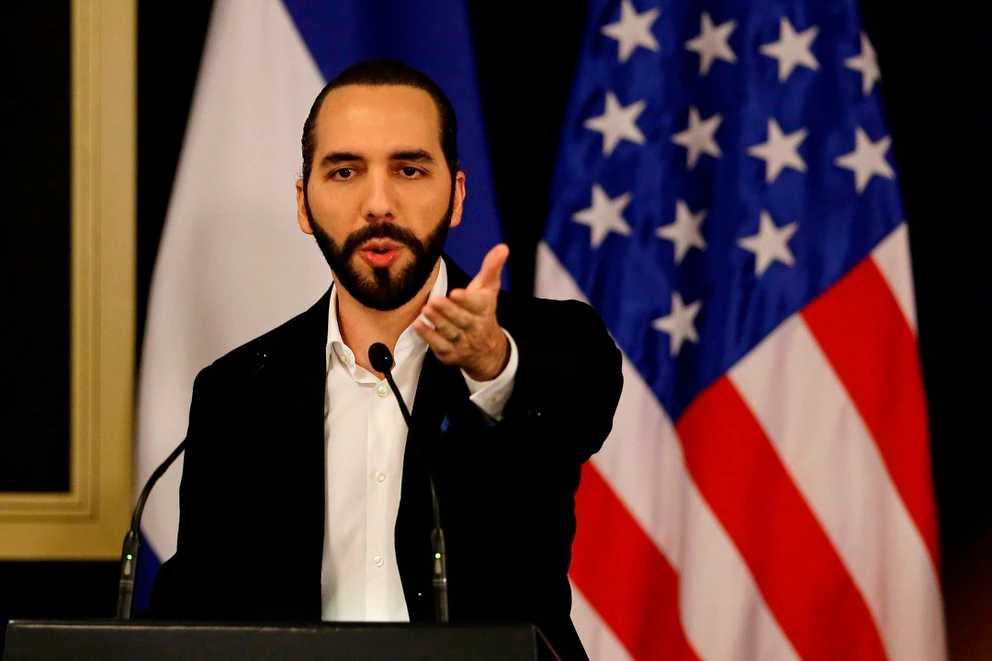Via Infobae
The latest US warning to Nayib Bukele, the president of El Salvador, came from the voice of Juan González, national security adviser and one of the men who most closely speaks to Joe Biden on Latin American issues. Washington, González said, will take action against Bukele’s flirtations with reelection. It is not the first time that the United States has warned, but so far little has changed in the authoritarian script of the Salvadoran.
González said that Bukele “has to answer” for the decision that the Constitutional Chamber of the Supreme Court of Justice, whose five magistrates were imposed last May by deputies related to the president: on September 4, the court made an interpretation of the Constitution that opens the possibility for the re-election of Bukele in 2024.
“We have various elements, visas, sanctions and there are other tools,” González told the Voice of America.
Before González had responded, in San Salvador, Jean Manes, the charge d’affaires whom Biden sent to the Salvadoran capital shortly after assuming the presidency in Washington.
Manes used the word “condemnation” when referring to Bukele’s policies and decisions, an escalation in the diplomatic language used by the United States until now. “This decision allows immediate presidential re-election and is clearly contrary to the Constitution,” declared Manes a few hours after the decision of the Bukelist court was made public. For the first time, Washington referred to the Salvadoran political situation as “a decline in democracy that damages the bilateral relationship.”
Beyond the public warnings, as confirmed by Infobae in the US capital, the Biden administration and Democrats in the lower house of Congress are discussing a bunch of options to put pressure on Bukele.
The possible tools that González speaks of include economic sanctions, criminal charges on US soil against officials linked to the pact that the Salvadoran government maintains with the MS13 or the withdrawal of more visas to deputies, magistrates and ministers of Bukelism, as they have told Infobae a handful of people who have participated in these discussions, including contractors specialized in the Central American region, legislative assistants and diplomats in Washington.
–


